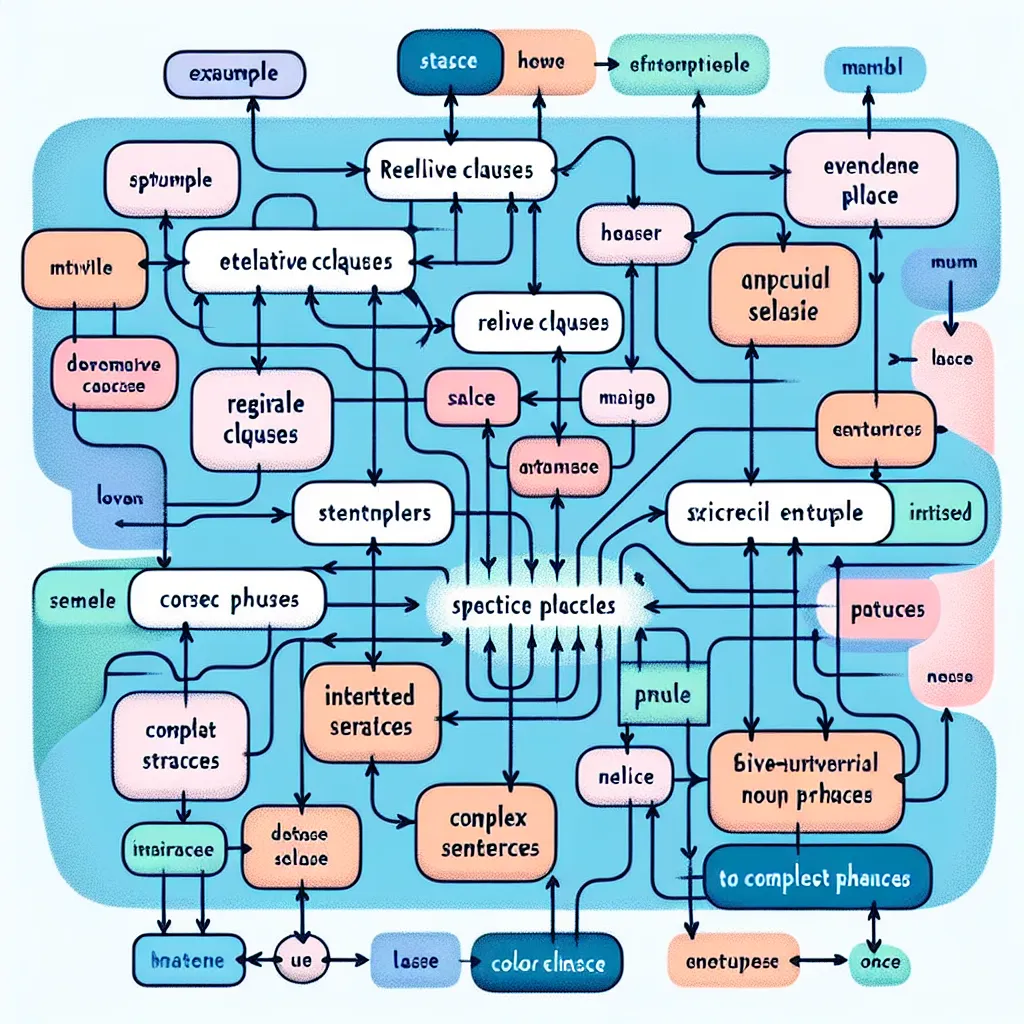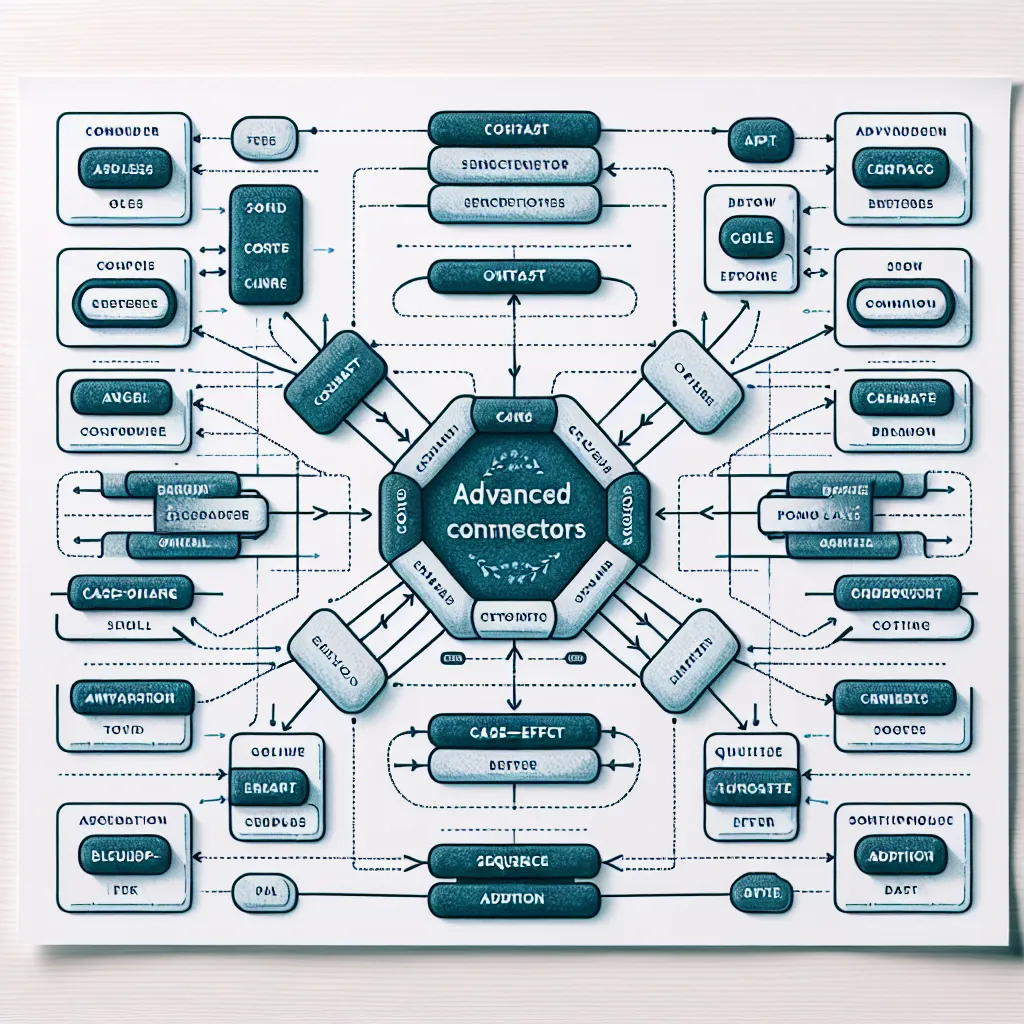Are you struggling with advanced grammar for your research papers? Don’t worry, you’re not alone. Many researchers, especially non-native English speakers, find it challenging to master the intricate rules of academic writing. This comprehensive guide will provide you with essential tips and techniques to elevate your grammar skills and enhance the quality of your research papers.
Why Advanced Grammar Matters in Research Papers
Advanced grammar is crucial in academic writing, particularly for research papers. It not only ensures clarity and precision in conveying complex ideas but also lends credibility to your work. Proper grammar usage demonstrates your proficiency in the language and your attention to detail, which are highly valued in the academic community.
 Advanced Grammar in Research
Advanced Grammar in Research
The Impact of Grammar on Research Paper Quality
- Clarity: Advanced grammar allows for clear and unambiguous expression of ideas.
- Professionalism: Well-crafted sentences reflect a high level of academic proficiency.
- Credibility: Correct grammar usage enhances the overall credibility of your research.
- Readability: Proper grammar improves the flow and readability of your paper.
Essential Advanced Grammar Tips for Research Papers
1. Master the Use of Complex Sentence Structures
Complex sentences are a hallmark of academic writing. They allow you to express intricate relationships between ideas and concepts. Here are some tips:
- Use subordinating conjunctions (e.g., although, because, since) to connect related ideas.
- Employ relative clauses to provide additional information about nouns.
- Utilize participle phrases to add descriptive elements concisely.
Example:
Simple: The experiment was conducted. It yielded unexpected results.
Advanced: The experiment, which was conducted under controlled conditions, yielded unexpected results that challenged our initial hypotheses.
2. Perfect Your Use of Passive Voice
While active voice is generally preferred in writing, passive voice has its place in research papers, especially when:
- The focus is on the action or result rather than the performer.
- The performer of the action is unknown or irrelevant.
- You want to maintain an objective tone.
Example:
Active: We conducted the experiment in a laboratory setting.
Passive: The experiment was conducted in a laboratory setting.
However, be cautious not to overuse passive voice, as it can make your writing less engaging and more difficult to read.
3. Utilize Advanced Punctuation Effectively
Proper use of advanced punctuation can significantly improve the clarity and flow of your writing:
- Semicolons (;): Use to connect closely related independent clauses.
- Colons (:): Employ to introduce lists or explanations.
- Em dashes (—): Use for emphasis or to set off parenthetical information.
Example:
Basic: The study had three main findings. These were increased productivity, improved quality, and reduced costs.
Advanced: The study had three main findings: increased productivity, improved quality, and reduced costs.
4. Employ Precise Vocabulary and Avoid Redundancy
In academic writing, precision is key. Use specific, technical vocabulary relevant to your field, but ensure you’re using terms correctly. Avoid redundant phrases that add no value to your sentences.
Example:
Redundant: The results of the study were absolutely essential in proving our hypothesis.
Improved: The results were essential in proving our hypothesis.
 Precise Vocabulary in Research
Precise Vocabulary in Research
5. Master the Art of Parallelism
Parallelism involves using the same grammatical structure for similar ideas within a sentence or paragraph. This technique improves readability and emphasizes the relationship between ideas.
Example:
Non-parallel: The research involved collecting data, analyzing results, and we wrote a report.
Parallel: The research involved collecting data, analyzing results, and writing a report.
Common Advanced Grammar Mistakes to Avoid
-
Misplaced or Dangling Modifiers
Incorrect: Having completed the literature review, the methodology was developed.
Correct: Having completed the literature review, we developed the methodology. -
Faulty Pronoun Reference
Incorrect: In their paper, they discuss climate change, which is causing global concern.
Correct: In their paper, the researchers discuss climate change, a topic that is causing global concern. -
Inconsistent Verb Tense
Incorrect: The experiment was conducted last year, and the results are analyzed next month.
Correct: The experiment was conducted last year, and the results will be analyzed next month. -
Comma Splices
Incorrect: The hypothesis was supported, however, further research is needed.
Correct: The hypothesis was supported; however, further research is needed.
Practical Exercises to Improve Your Advanced Grammar
-
Sentence Combining: Take simple sentences from your draft and combine them using subordinating conjunctions, relative clauses, or participle phrases.
-
Passive to Active Voice Conversion: Identify instances of passive voice in your writing and determine whether they can be converted to active voice for improved clarity.
-
Punctuation Practice: Review your use of semicolons, colons, and em dashes. Ensure they’re used correctly and effectively.
-
Vocabulary Precision: Create a list of commonly used words in your field and find more precise alternatives. Practice incorporating these into your writing.
-
Parallelism Check: Review your lists and series within sentences to ensure they follow parallel structure.
Conclusion
Mastering Advanced Grammar For Research Papers is an ongoing process that requires practice and attention to detail. By focusing on complex sentence structures, appropriate use of passive voice, effective punctuation, precise vocabulary, and parallelism, you can significantly enhance the quality of your academic writing. Remember to proofread carefully and consider seeking feedback from colleagues or professional editors to further refine your grammar skills.
For more insights on improving your academic writing, check out our articles on advanced grammar tips and using advanced relative clauses. Keep practicing, and you’ll see a marked improvement in the clarity and professionalism of your research papers.




